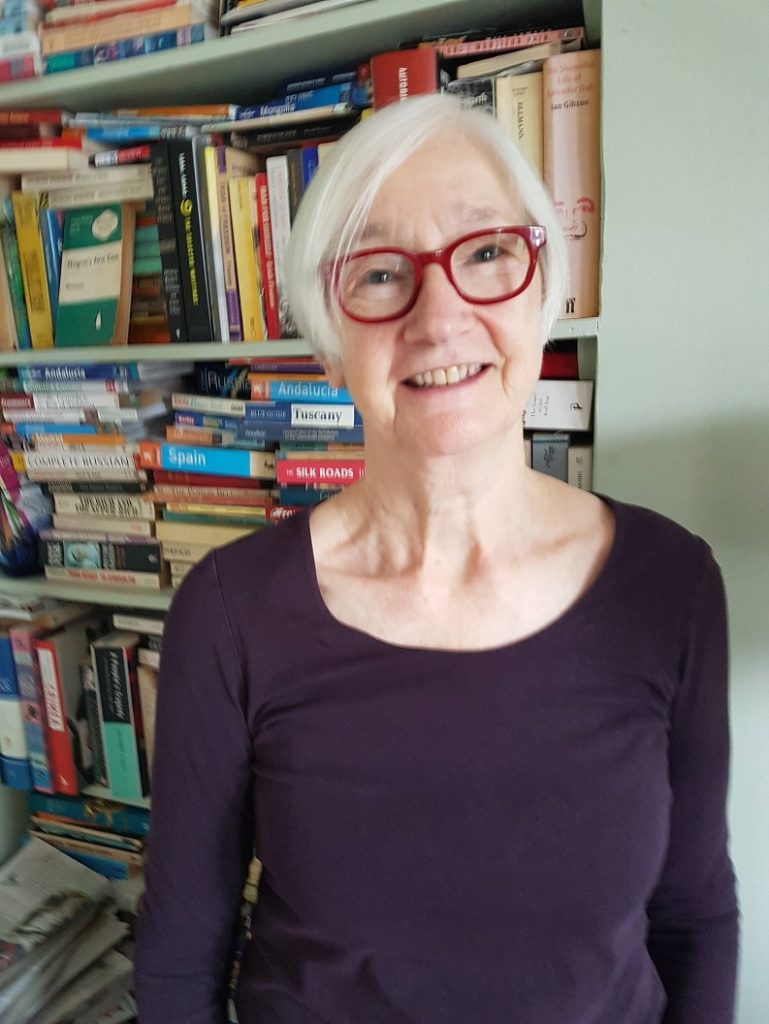The rewards of taking on a major research project are enormous at any age. Dr Mairi McDonald discusses completing her PhD in Iberian and Latin American Studies at 72, which she is now turning into a book.

2018 was the four hundredth anniversary of the birth of the Spanish painter Bartolomé Esteban Murillo which seems to me to be the appropriate year to finish a PhD relating the artist’s paintings and their relationship with discourses on poverty in seventeenth-century Seville.
What use is a PhD to a seventy-two-year-old? Not much, you might think. However, the rewards are great: meeting the challenge of adding something new to a particular subject, the satisfaction of joining an academic community dedicated to the subject you are studying and also a huge amount of fun.
I started taking a variety of Open University courses in the history of art while I worked part-time at Channel 4 after leaving my full-time post there, then progressed to an MA Renaissance Studies at Birkbeck. A friend had strongly recommended this course and I was attracted by the range of subjects on offer, including the chance to pursue a module on Power and Control in Spanish Golden Age Art. My dissertation for the MA made me want to continue investigating the topic of seventeenth-century Spanish painting further and keep my brain functioning in old age. Since I had retired by then, and with the support of Dr Carmen Fracchia who had supervised my MA dissertation, I enrolled as a part-time PhD at Birkbeck in what was then the Department of Iberian and Latin American Studies. As a student of Early Modern Spanish art, I was the exception in a department where most PhD students were studying contemporary topics, but I found their enthusiasm and dedication stimulating. I also loved Birkbeck for the impressively wide range of students studying there and the fact that there were even a handful of people around my age. There were workshops to assist me at every phase of the PhD, from the initial stages of how to plan your work through to coping with the Viva. Above all, I received invaluable help and encouragement from my supervisor throughout.
The most difficult aspect of this work was not the research, or the writing up of my findings but learning Spanish from scratch. Learning a new language in my sixties was a tough proposition. Without Spanish, I could not read the seventeenth-century documents relevant to the PhD, such as sermons of the period, discourses on poverty, seventeenth-century chronicles on Seville as well as the writings of current Spanish scholars, none of which were available in English. Through courses at the Instituto Cervantes in London and some perseverance, I eventually attained a workable reading knowledge of Spanish.
Since surviving the viva and graduating at Birkbeck, I was invited to present a paper on Murillo and poverty at a prestigious symposium Murillo in Perspective which was held at the Courtauld Institute of Art in London earlier this year and am working on converting my PhD into a book, amazing opportunities for a seventy-two-year-old!
